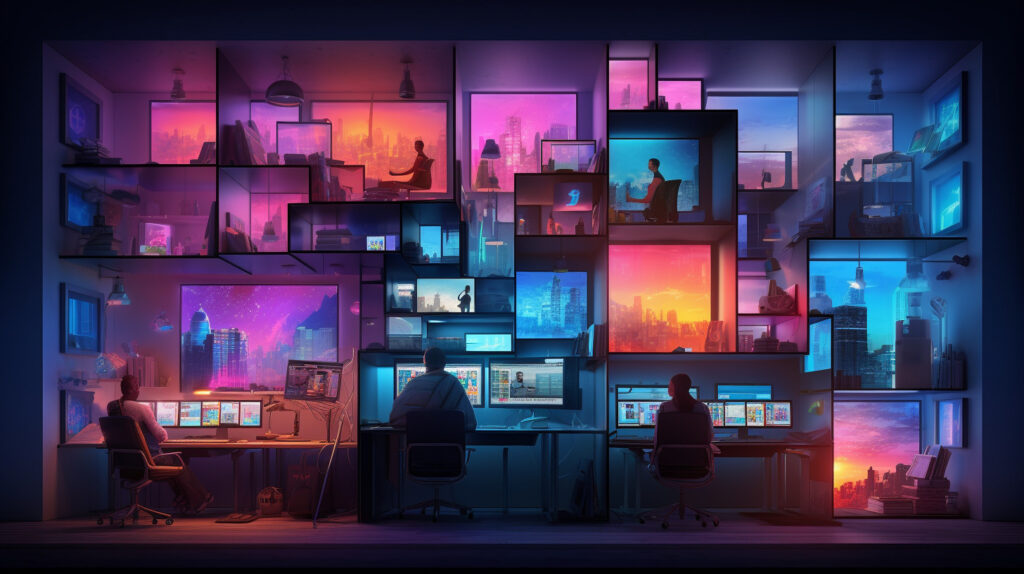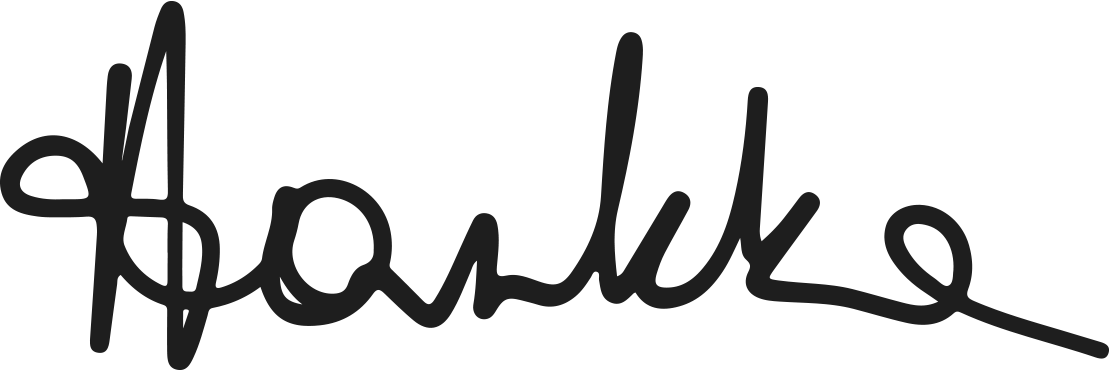A well known VC, Marc Andreessen on Lex Fridman’s podcast said that people are in a freeze-frame moment with AI and we already have all the means to become hyperproductive. Yet, most of us will never go on to become so. Despite the availability of numerous tools and resources aimed at enhancing our productivity and fostering self-satisfaction, many of us fail to fully utilise them. This phenomenon begs the question: what prevents people from tapping into their full potential?
Marc noted that it’s so easy to just sit and consume, getting distracted from production. He didn’t elaborate, but it’s no secret that social media, video games, streaming and traditional media are competing for our time and attention with all perfectly engineered psychological tricks they have. Andreessen suggested that ambitious young people today could easily distinguish themselves by minimising such distractions and maximising productivity with the “spectacular” tools now readily available. Many of which don’t require you to be a tech-savvy geek at all.
“If you wanted to as young person, if you really wanted to stand out,” he said, “you could get on a hyper-productivity curve very early on.”
Marc Andreessen, lex fridman podcast, 2023
These days, it takes a strong self-discipline to do things that matter.
I wouldn’t manage to write those weekly articles if I didn’t have all sorts of alerts, sounds and notifications off, or keep to-do task in my phone popping up every Friday, shaming me that I haven’t completed and ticked it off yet. I do the same for learning languages or any business and personal tasks I committed to.
I still catch myself in wanting to reach for my phone, even if I’m still working on my laptop, as if something more exciting was awaiting me on a smaller internet. I need to make a conscious effort to hide my phone out of sight. I’m proud (how pathetic is that?) that it still has no permission to enter gym / dojo with me.
But social media’s dopamine mechanisms tied to “likes” are only one aspect of this challenge. There are other significant factors that influence our productivity, self-drive, and motivation.
Me, myself and I
In worship of individualism, we’ve lost our sense of meaning and belonging. In the tribal times, everyone knew exactly what they’re supposed to do, so everybody was producing their part and not dwelling on starting. You didn’t do your tasks, you’re getting expelled from the tribe and eaten by the lions and other predatory animals. Every member had a role to play for the well-being of the group.
These very same behaviors still occur in military; good soldiering foster a sense of belonging among troops, whether they’re fighting on the front lines or engaged in non-combat activities away from the action. We admire Navy SEALs and other “tough” crews for their bravery, forgetting the fact that it’s not muscular strength, but a sense of camaraderie, deep trust and serving is what makes them unbeatable.
The training and experiences they go through foster a deep sense of trust, mutual reliance, and unity among them. They work seamlessly as a team, relying on each other’s expertise and support to overcome challenges that would be insurmountable for individuals acting alone. This shared commitment to a higher mission creates a powerful motivation and a sense of duty that transcends personal considerations. It helps them endure extreme hardships, make sacrifices, and stay focused on the collective goal.
Left to ourselves, we question and dwell on everything, failing to start, or at least persist until it becomes our passion.
Alienation in remote work

Although I’m a big advocate of remote work, I see many downsides to it.
Poorly structured work-from-home setups can lead to feelings of alienation and disconnection, which negatively impact our productivity and motivation. The absence of face-to-face interactions, collaborative environments, and spontaneous conversations can hamper our creativity and innovation. I know how much I suffered when I couldn’t surround myself with likeminded people and just tinker with stuff and ideas during Corona.
That’s why I steer towards a hybrid model, where teams physically meet at least once a month for collaborative sessions packaged in a fun and informative way. Despite higher costs (e.g travel) and more trouble to do so, there are many upsides of being in a physical presence of other people. We need to feel a sense of belonging, and it’s hard to emulate that over the screen only.
Lack of stimulation and creativity
One big advantage of remote work is less distractions from your coworkers. Assuming that your company doesn’t just substitute feeling productive for feeling busy, packing your calendar with many pointless Zoombie meetings and you have a place where you can escape your kids, in theory, you should have more time for deep work.
In his book “Deep Work,” Cal Newport highlights the importance of cultivating an environment that encourages deep, focused work. Without appropriate stimuli and deliberate efforts to eliminate distractions, our cognitive abilities can suffer. Instead of feeling productive, we may feel stuck and de-motivated.
In an ideal scenario, our work environments should include intellectually stimulating activities, set aside dedicated time for deep work as well as collaboration, but even knowing this, we are reluctant to try deep thinking. We are scared of silence. We prefer to feel busy than figuring out what the hell we’re doing with our lives.
You think what you read.
Where do you get ideas from? Usually, from the content you consume. Podcasts you watch, books you read, conversations you hold. And nowadays, it’s extremely hard to curate really valuable ones while muting all the noise.
A
It’s easy to take a passive stand, becoming a receiver for all the junk, that flawed media model currently serves us with. Prioritised sensationalism, clickbait, and shallow content is designed to capture our attention rather than foster deep understanding. We get information overload, distraction, and a lack of intellectual stimulation.
Selecting valuable content is just a first step. The ultimate method of improving our understanding of the world and becoming more productive is and has always been – critical reading and writing.
A
Passive reading, passive writing.
Reading is a powerful tool for knowledge acquisition and intellectual growth. However, reading solely for entertainment or without comprehension limits its potential. Passive reading, characterised by skimming through text and superficially absorbing information, fails to engage your critical thinking and analytical skills.
In the never-ending row of open tabs and simultaneously started dozen of books, we rarely reflect on the material we’ve read. Writing about it forces us to do so and that’s often unpleasant and takes an effort, so many people simply choose not to write at all.
N
Here, AI can hinder this process, because many people will just “outsource” research and synthetisation process to GPT-powered chats of all sorts, producing and publishing an outcome, without even deeper understanding what “their” text is about. I’ve already started seeing the flood of overnight born thought leaders on LinkedIn, may of whom use language that many scholars wouldn’t have thought of. Luckily, it’s still fairly easy to spot such “intellectuals” – they usually stay away from any live Q&As or conversations which demand analytical thinking.
Failure to challenge ourselves
In the end, tech, no matter how powerful, is just a tool, which we can use for or against our self-growth and productivity. Even if we can find our mojo and stay focused, there is an even bigger threat to unleashing our potential – it’s ourselves. The fear of failure and the tendency to stick to familiar tasks limits our growth and potential so most of us default to what we know and stick to it.
Only when the pain of status quo is unbearable or often, a childhood-formed trauma pushes our boundaries. Change can be intimidating, but by embracing a growth mindset and seeking out tasks that push our boundaries, we can expand our capabilities and tap into new levels of productivity, leading to a more fulfilling and joyful life.


![Start-ups and start-downs [Evoque Journey] louveciennes @flickr](https://hankka.com/wp-content/uploads/2013/09/bfast.jpg)
![What are you afraid of? [Evoque journey] Donnie Nunley @Flickr](https://hankka.com/wp-content/uploads/2014/02/12331672305_9d924d76b0_z.jpg)

